when should you go to the hospital for a fever after covid vaccine
While post-vaccine side effects tend to go away on their own after a few days Dr. This includes getting evaluated by your primary care physician perhaps via telemedicine or going to an urgent care or emergency room ER when appropriate.

I Felt Sick After Getting A Vaccine Why Office For Science And Society Mcgill University
Consider seeing a doctor if.

. That is why it is important to be fever-free. Utahs rolling seven-day average for positive tests is 10762 per day and the rolling seven-day average for percent positivity is 425 when all results are included and 297 when multiple tests by an individual are excluded. COVID-19 symptoms including fever can start anywhere from 2 days to 2 weeks after exposure to the virus.
105F Go to the emergency room. The CDC reports the most common side effects for the vaccines is at the injection site. These COVID-19 symptoms are a sign you should get to a hospital Back to video With Omicron the most common mild symptoms include a fever 38 degrees Celsius or higher cough congestion muscle.
It may be worth scheduling. Some treatments might have side effects or interact with other medications you are taking. Heres When and Where.
People who fall into this category often recover without hospital treatment within 12 weeks. If you get worse such as having trouble breathing having a temperature above 102 degrees or your lips begin to look blue a sign of a lack of oxygen go to the hospital. Severe COVID-19 symptoms to watch include.
There are 756 people hospitalized in Utah with COVID-19 and 22 additional deaths from the virus. A 28-year-old Irish woman named Rachel Gunn has. Some severe COVID-19 symptoms that need medical attention include significant difficulty breathing confusion or disorientation or a bluish discoloration in the lips or hands.
When you call let them know you could be experiencing symptoms of COVID-19. Vomiting or diarrhea that lasts more than 12 hours or is bloody. A baby under 3 months old with any temperature over 1003 F 1.
Most people experience mild-to-moderate disease. Jain says that there are ways to treat yourself if youre in. Hospitalizations for people with COVID-19 have reached record highs with over 145000 people in hospital beds this week.
However if your breakthrough COVID-19 infection comes much later after a vaccination it is likely because of one of two reasons waning protection from a vaccine or a variant of the virus. Dry cough fever breathing getting more difficult. In general if youre in the hospital its because youre unvaccinated.
Some people dont have fever at all. Situations that are cause for concern. The more typical symptoms of COVID-19 include.
Talk to your healthcare provider. Fever can be one of the first signs of COVID-19 or fever can appear later during the illness. It can be persistent constant or come and go for a few days or even weeks.
It is important to know the symptoms of a medical emergency. Some people have shown up to the ER looking for a COVID-19 test since. It should be started as soon as possible and must begin within 5 days of when your symptoms start.
Yet recognizing when it is appropriate can be difficult. A cough that produces yellow green tan or bloody mucus 2. Most people with COVID-19 do not need to go to the hospital and will have a smooth recovery at home.
Shortness of breath while at rest. Fever doesnt respond to fever-reducing medications such as acetaminophen or ibuprofen Tylenol or Advil Other symptoms include confusion neck stiffness or sensitivity to light. Significant or worrisome cough that is increasing.
Or a combination of at least two of these symptoms. However people with more severe symptoms typically. Confusion or sudden change in mental status.
Blue face or lips. The fever lasts for more than 48 hours. Keeping yourself healthy means addressing health problems as they arise.
After living with COVID for almost a year now we all know what many of the common symptoms arelike a fever dry cough and fatigue. Shortness of breath or difficulty breathing. 101F or higher If youre immunocompromised or over 65 years of age and are concerned that youve been exposed to COVID-19 contact your health care provider.
In the ER providers can check your vital signs and run some tests. 103F or higher Contact your health care provider. The first involves oxygen which is the most common treatment hospitals provide COVID patients.
However there can be a thin line between a mild case of COVID and a severe case that requires hospitalization and certain symptoms could indicate the latter. To find out if medications to treat COVID-19 are right for you you have options. Extreme sleepiness or inability to wake.
Moderna says 97 of their participants felt fatigued and 45 got a headache. Symptoms of coronavirus are often mild but in some cases can become serious and life-threatening. Repeated shaking with chills.
Fever is one of the ways your body. In this instance as well its important to call ahead before showing up at the urgent care. If it becomes harder to breathe while doing normal things like walking to the kitchen you should go.
If its beyond 10 days I would say its more likely happening to people who are unvaccinated. Fever lasts longer than three to five days.

Covid 19 Risks And Side Effects Of Vaccination Science In Depth Reporting On Science And Technology Dw 20 01 2021
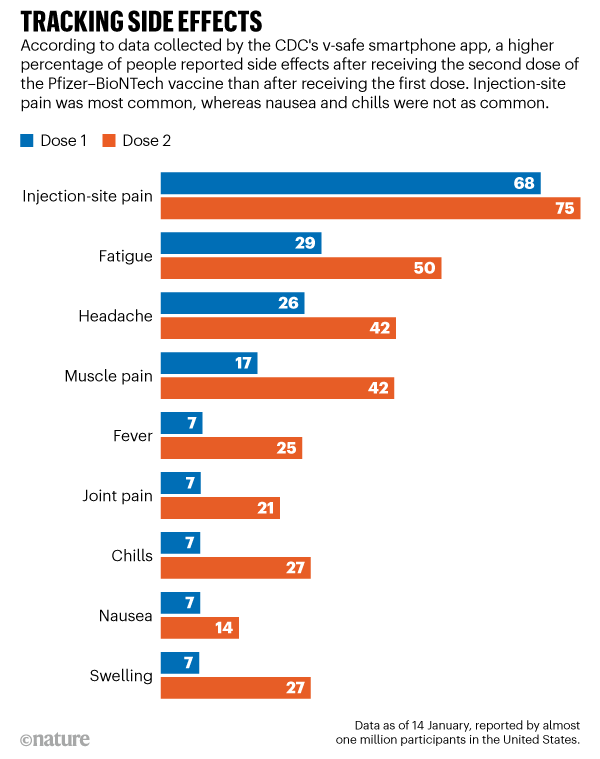
Covid Vaccines And Safety What The Research Says
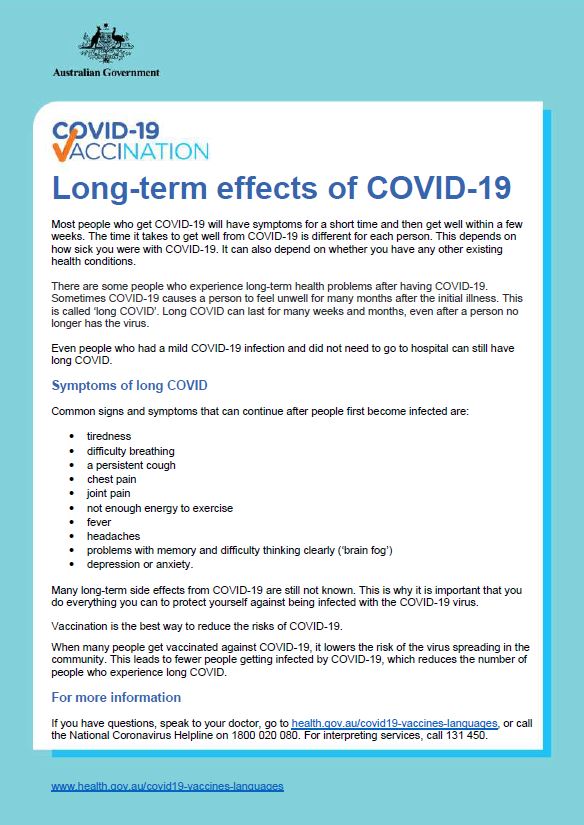
Covid 19 Vaccination Long Term Effects Of Covid 19 Australian Government Department Of Health

Covid 19 Risks And Side Effects Of Vaccination Science In Depth Reporting On Science And Technology Dw 20 01 2021

What To Expect After Getting Vaccinated
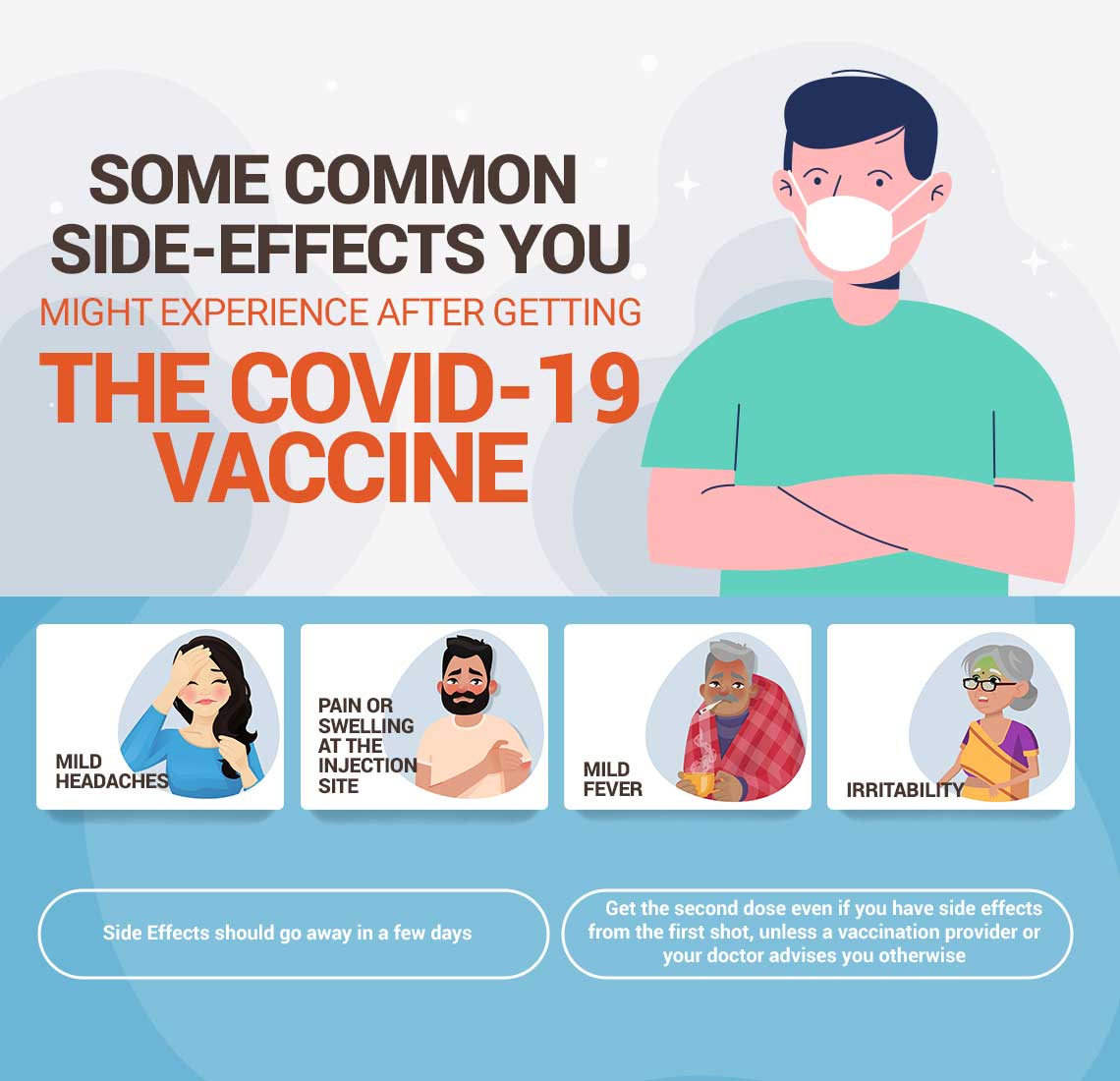
Common Side Effects Of Covid Vaccine Vikaspedia

Possible Side Effects Of Covid 19 Vaccine Bangkok Hospital

5 Things To Know Before Receiving Covid 19 Vaccine Bangkok Hospital

Covid 19 Risks And Side Effects Of Vaccination Science In Depth Reporting On Science And Technology Dw 20 01 2021

Adverse Events After First Covid 19 Vaccination In Patients With Autoimmune Diseases The Lancet Rheumatology
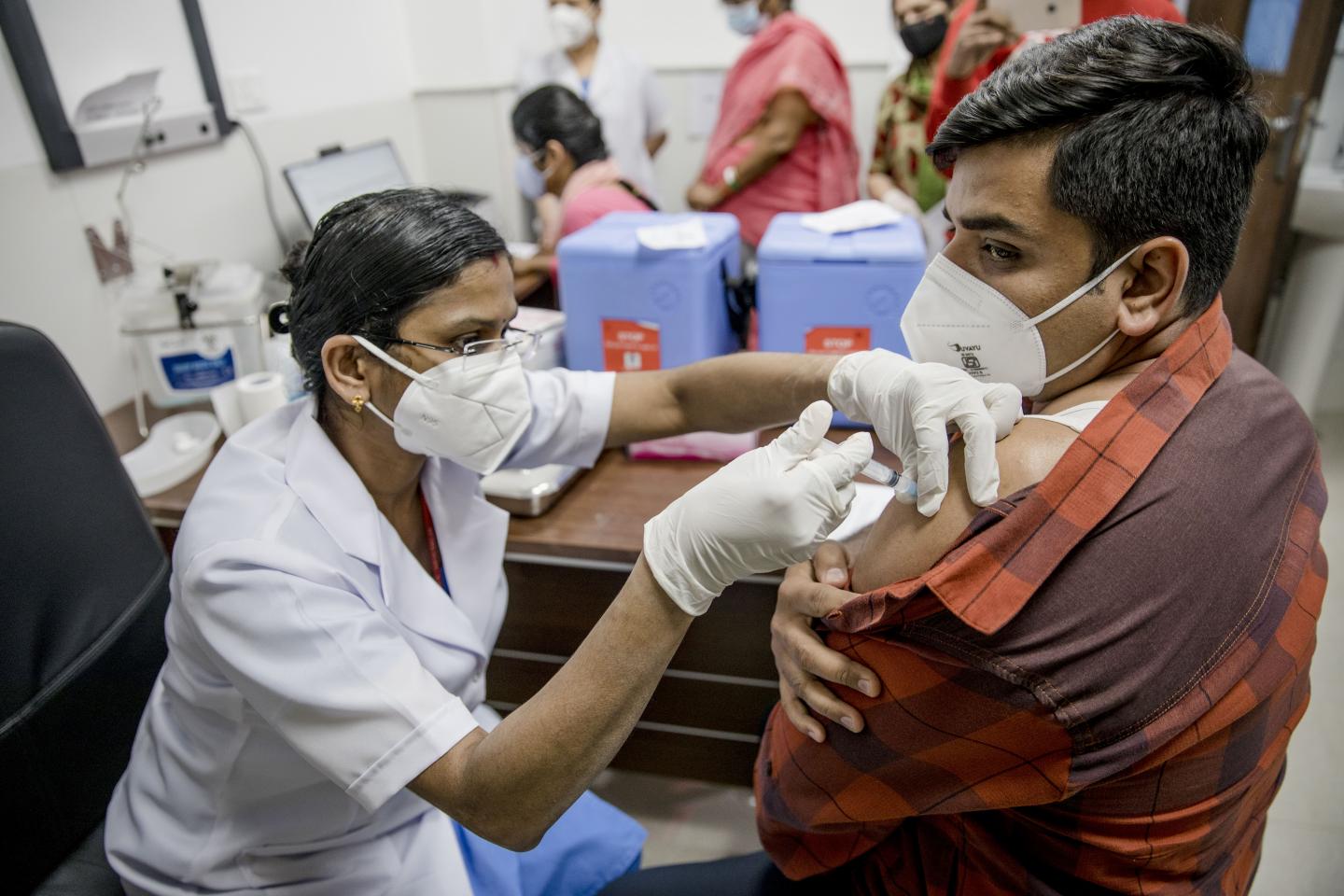
Covid 19 Dos And Don Ts After Vaccination Unicef India

Covid 19 Vaccine Frequently Asked Questions The Loop
:max_bytes(150000):strip_icc()/when-to-expect-covid-19-vaccination-side-effects-5176621_V1-67a15605548f4e64b078cf5ab85213d1.jpg)
A Timeline Of Covid 19 Vaccine Side Effects
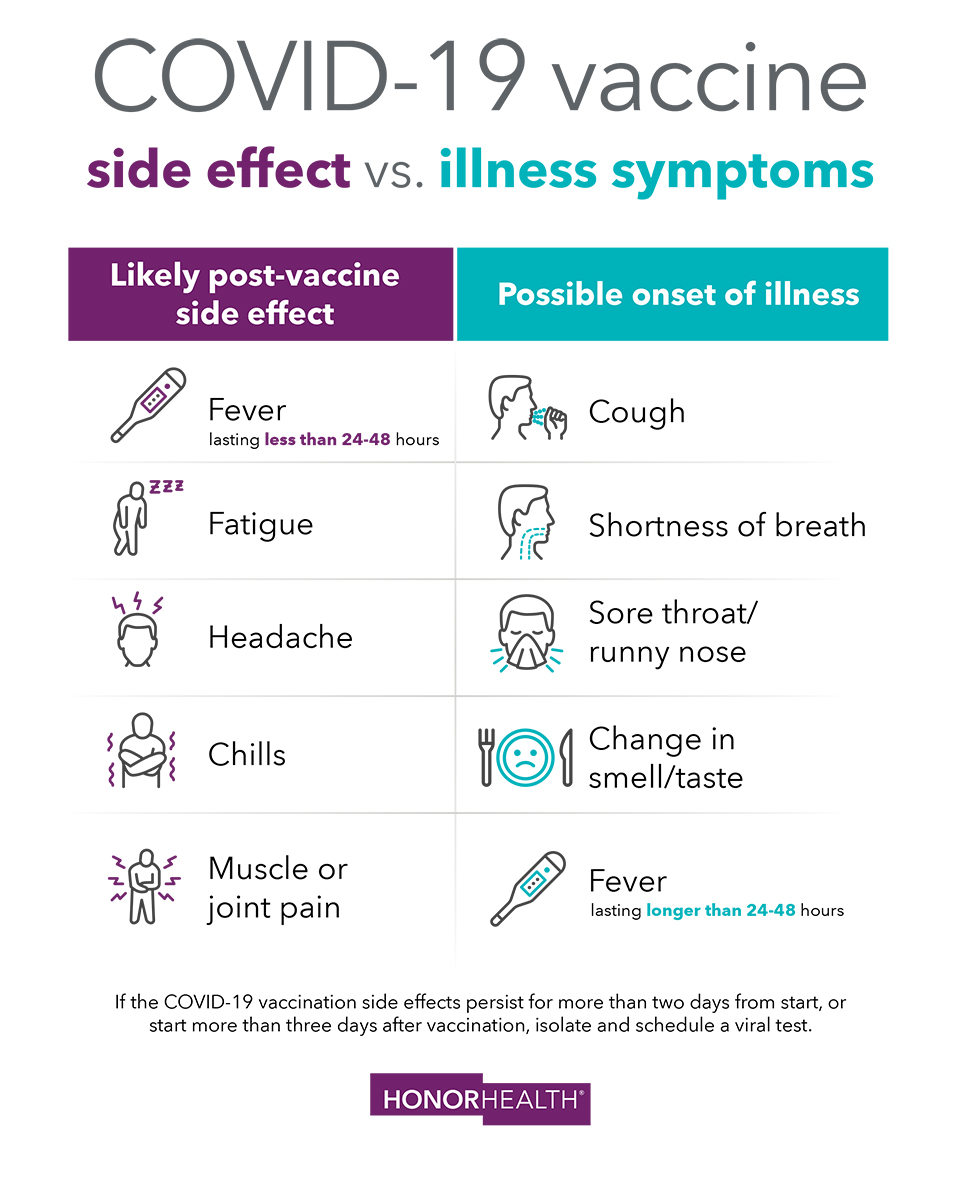
Q A Vaccine Side Effects Honorhealth
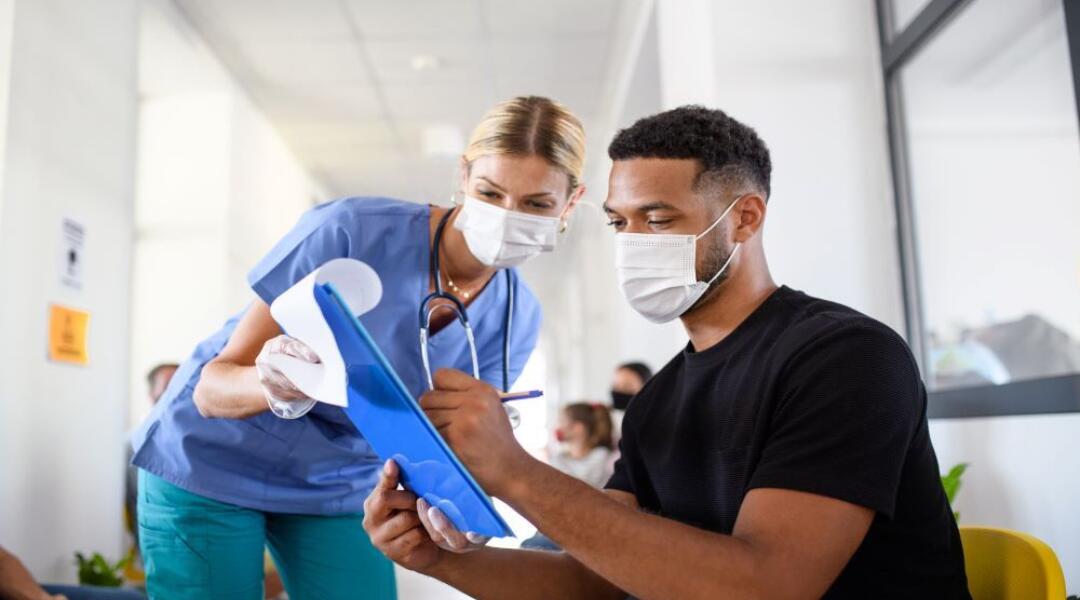
Covid 19 Vaccination Side Effects How To Manage And When To Report Them
_(1).png)
Our Latest Analysis Of Covid Vaccine Reports Is Out Now

Women And The Covid 19 Vaccine What You Need To Know The New York Times

What Should I Do If I Am Experiencing Side Effects From The Vaccine Coronavirus Resource Center